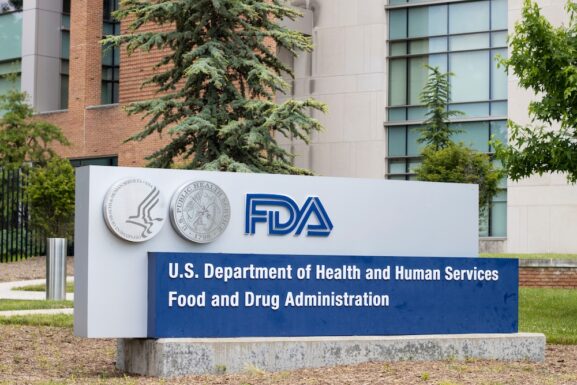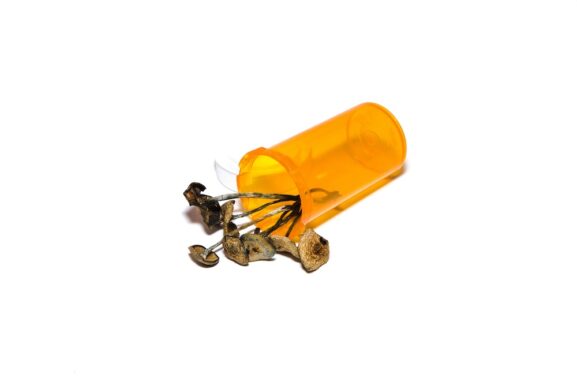Minnesota Task Force Advocates for Legalizing Psychedelic Mushrooms
A Minnesota task force has proposed a groundbreaking recommendation: legalizing the use of psychedelic mushrooms for therapeutic purposes. The recommendation, part of a growing national conversation, signals a shift in how policymakers view mental health treatment and alternative therapies. Could this be a turning point for mental health care in the state?
Looking for treatment? Find ketamine clinics closest to you as well as other psychedelic therapies in your area.
A New Era for Mental Health?
The task force’s recommendation stems from mounting evidence supporting the therapeutic potential of psilocybin, the active compound in psychedelic mushrooms. Studies suggest it may offer relief for conditions like depression, PTSD, and anxiety when used in controlled settings. Advocates argue that these therapies could provide hope for individuals who have found traditional treatments ineffective.
How might this impact Minnesota’s approach to mental health care? Supporters envision a future where psychedelic-assisted therapy complements existing treatments, broadening access to innovative care. Critics, however, raise concerns about safety, regulation, and the potential for misuse.
New: Interested in Being Part of a Psychedelics-Focused Clinical Trial? Sign Up Here
Learning from Other States
Minnesota is not alone in exploring this possibility. States like Oregon and Colorado have already legalized psilocybin for therapeutic use, creating structured programs to ensure safe administration. These models offer valuable lessons, particularly in navigating the challenges of implementation.
If Minnesota follows suit, it will need to address questions about licensing, training, and oversight. Would these measures be enough to alleviate public concerns, or would skepticism persist? The task force believes clear guidelines and robust monitoring can help build public trust.
Read more on this story at Audacity.
RELATED: Could Ketamine Crack the Code of Stress Resilience?
What Comes Next?
The proposal now heads to lawmakers for review. Public opinion will likely play a significant role in shaping the debate. What do Minnesotans think about this potential shift? Supporters are urging residents to engage in the conversation, emphasizing the need for an informed and open dialogue.
Do you believe psychedelic mushrooms should become part of Minnesota’s mental health toolkit? This recommendation could set the stage for transformative changes, but it will take time and careful planning to determine the path forward.
RELATED: 16 Of 17 Oregon Jurisdictions Voted to Ban Psilocybin Therapy Centers



